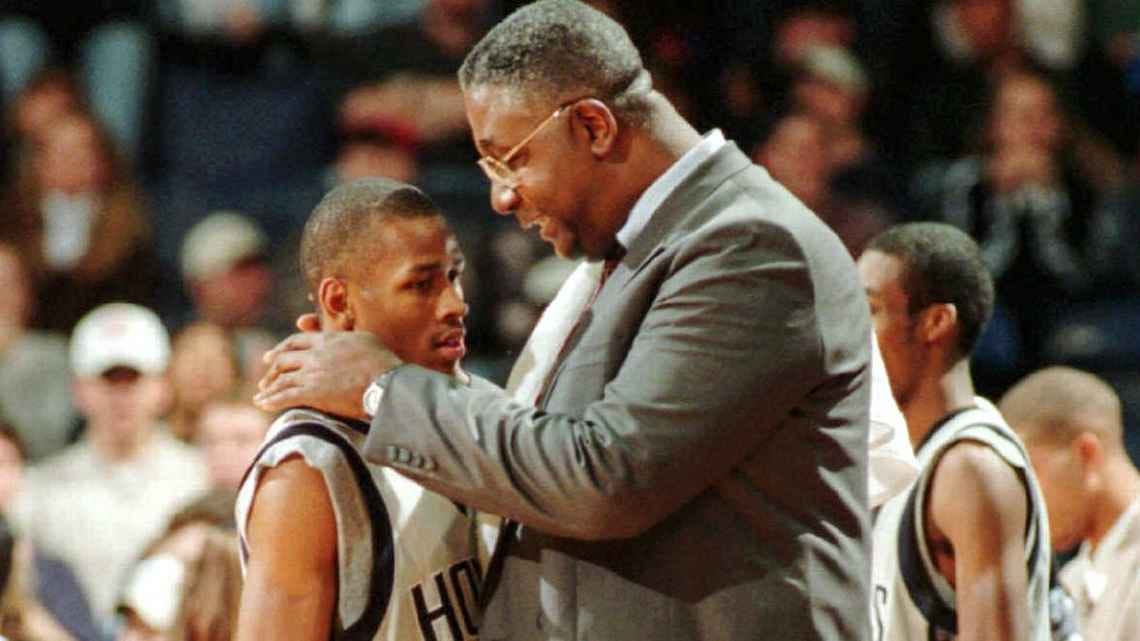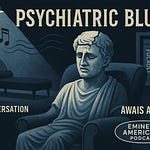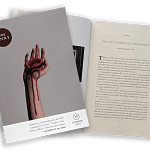Our text for today’s episode is “John Thompson, b. 1941,” a short eulogy essay by the writer Kiese Laymon in which he reflects on the special affection that not just he but also his “aunts, mother and grandmother” felt for Thompson and his Georgetown basketball team when Laymon was growing up. The coach was more than just a winning coach; he was an avatar of Black America, and a symbol of Black excellence and paternal strength and solidity. Laymon writes:
From a distance, I saw Thompson as representative, our imaginary coach who was once a decorated player, who backed up Bill Russell for the champion Boston Celtics. That decorated player who backed up Bill Russell was once a scared Black child, like every Black child I’d met in the universe, just longing to have a fair shot at gracefully winning and graciously losing.
…Thompson’s national championship and his subsequent loss in 1985 made real for me the representative possibilities and consequences of publicly winning and losing in America while Black. Though Thompson was our imaginary coach, in this eerie way we were his real team. If Thompson lost, and Georgetown lost, it felt as if my race lost. Even at 9 I knew there should have been more Black coaches in all the sports I watched since nearly all the best players were Black. I knew that there was nothing as joyful as publicly beating white Americans in anything simply because white Americans were allowed to play, cheat, coach, referee, own and win whether they actually showed up or not.
My guests on the show today are Laymon himself, professor of English and creative writing at Rice University and author of, among other books, the essay collection How to Slowly Kill Yourself and Others in America, the novel Long Division, and the memoir Heavy; and Jason Sokol, professor at history the university of New Hampshire and author of, among other books, There Goes My Everything: White Southerners in the Age of Civil Rights and The Heavens Might Crack The Death and Legacy of Martin Luther King Jr.
Two personal notes about this episode: Jason is my oldest friend on the planet. We went to pre-school together and have been close friends since. And Jason and Kiese were friends at Oberlin College, where they played basketball together and talked ideas, history, race, and the rest. As you’ll hear on the episode, they haven’t spoken since they graduated, so this is a bit of a reunion.
The audio clip at the beginning is from the song “Georgetown Press,” by Wale.














Share this post